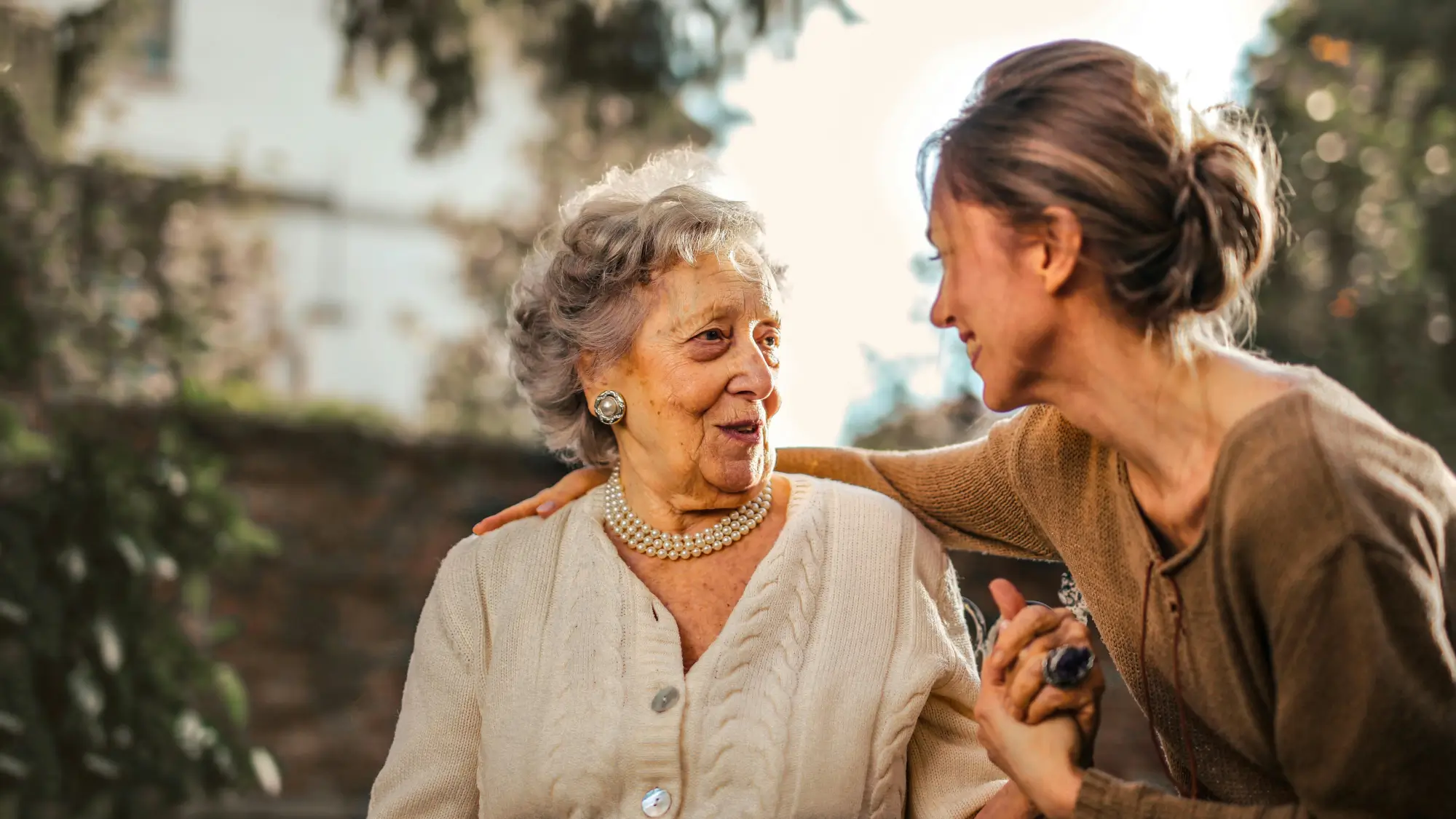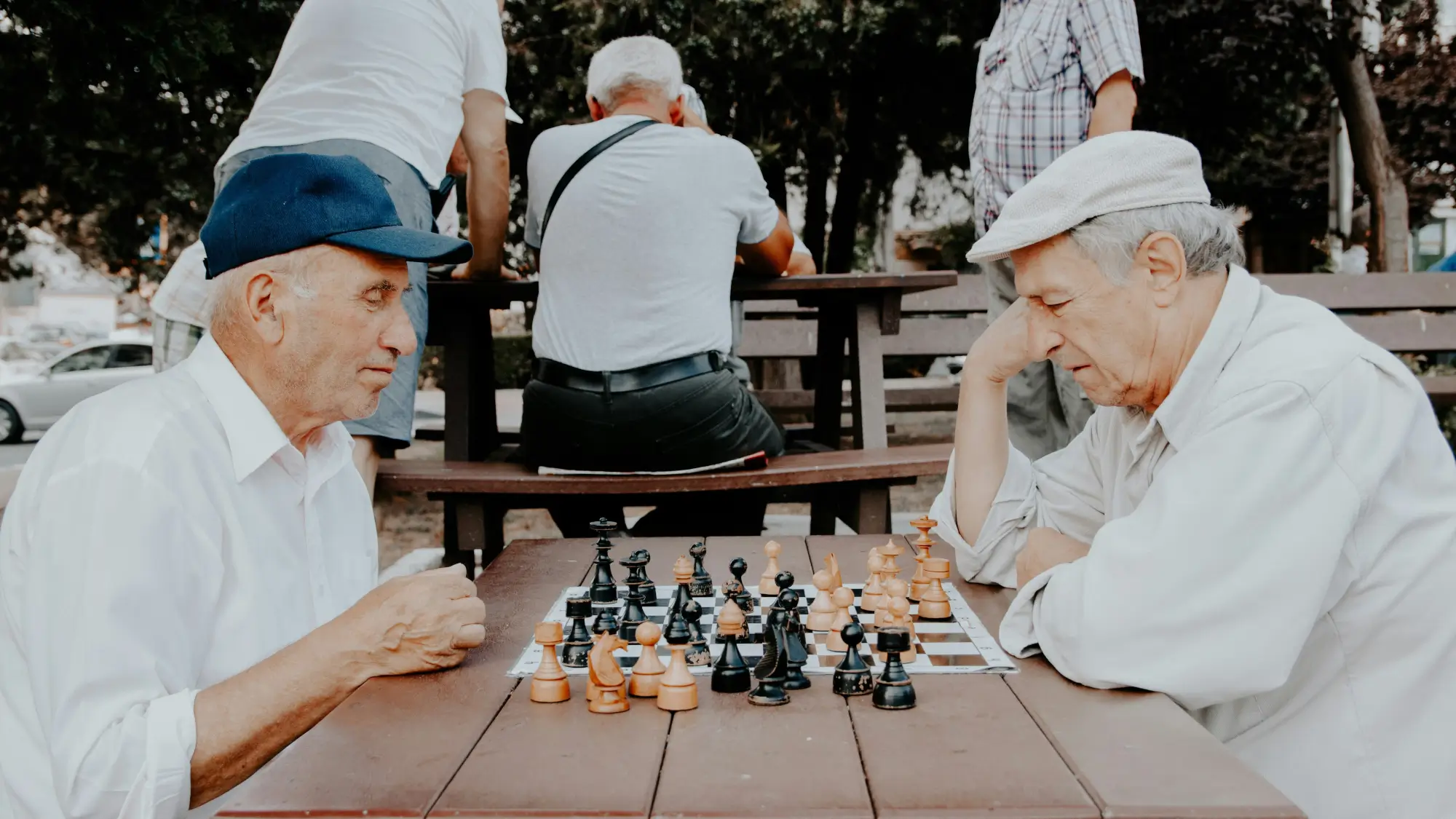
Death is a natural part of life. Unfortunately, knowing that doesn’t always make losing a loved one any easier. When a spouse, a sibling, or a child passes away, grief can be a difficult addition to your life. Getting through it in a positive way can really benefit from a little family togetherness.
This doesn’t mean you need to be a constant presence in one another’s lives as you navigate grief. Instead, it’s better to aim to be a mutual support network. While death is never easy, your efforts can make the road to healing a little less turbulent.
Sometimes one of the most difficult things about grief is the time it can take. It’s not unusual for one person to take more than a year to grieve, while others may seem to transition in just a couple of weeks. This can be quite frustrating and even lead to misunderstandings about whether those who grieve briefly care as deeply or those who take longer are needlessly doing so. Therefore, the first thing you can do as a family is to acknowledge and respect that grief is an individual process.
Be vocal about this as soon as possible. Perhaps gather together as a family and talk about how grieving is different for everyone. Frank but gentle conversations can make it clear that there should be no judgment about the type or length of journey one another takes.
Your family might also find it useful to share some grief management practices that they can use at different stages of their healing journeys. Particularly as, in some instances, grief can be detrimental to both mental and physical wellness. The stress from grief can elevate heart rates and disrupt sleep quality. One solid practice is feeling free to talk about the death of your loved one with friends and colleagues to minimize the isolation grief can bring.
Joining support groups can also be useful for sharing with others beyond your immediate family who are grieving. If you live in a senior living community, there will often be groups that meet regularly or can be arranged by on-site mental health staff. Even celebrating the life of your loved one through volunteering for community projects they felt were important can be cathartic.
The days and weeks following the death of a loved one often involve various practical tasks that have to be taken care of. While these are necessary outcomes of a death, they can also trigger difficult emotions – it’s a sensitive topic, after all.
For instance, your grandparent or elderly parent might have passed away. If their surviving spouse has difficulty managing on their own, one of the things your family might do is help them move into a senior care facility. Perhaps you’d like them to just move closer to you so you can provide better support. Moving an elderly parent can be highly emotional and stressful, though. It’s important that you communicate openly with them during this time, listening to their fears and concerns. It’s also wise to take your time during the move, so they don’t feel rushed at such a delicate moment.
Another practical aspect that needs some sensitivity is dealing with your loved one’s belongings. Some will be bequeathed in a will and others you’ll want to keep around. Still, other items might need a little decluttering. Particularly if a surviving elderly spouse is downsizing and will have limited space.
If possible, keep your family involved in this. You can make it a meaningful exercise by taking time together to sort through the items and talk about those memories. Perhaps agree on a charity to donate these to that would have been important to your loved one. For instance, if cancer played a role in their passing, you might donate to a cancer research charity thrift store, such as the American Cancer Society’s Discovery Shops.
Grief can be so much more painful when it’s experienced in silence. Certainly, quiet reflection and peace is important. Yet, members of the family shouldn’t feel as though they don’t have permission to voice their feelings around the death of a loved one.
This can be something as simple as just regularly checking in with one another. Avoid giving the impression that you’re pressuring them to talk if they’re not ready or able to. Instead, treat this as a gentle signal that each of you is there for one another and you’re presenting an opening to them if they’re ready.
Some people also find it difficult to communicate about grief face-to-face. As a family, you can arrange alternative ways to express yourselves on the road to healing. This could be leaving voice messages for one another on messaging apps. Writing occasional letters to one another can also be a good way to communicate and to channel the emotions of grief. You could even try casual opportunities to chat about the death, such as on daily walks in the park or sharing in an enjoyable hobby. This type of communication can release the pressure around “serious” grief talk, helping one another to just feel free to have a conversation about your loved one.
Navigating grief as a family can ensure you each get the support you need. This includes giving one another the time and space to heal, alongside keeping the lines of communication open. Above all else, remember that you’re not alone during this time. Even if you struggle to connect with your family, there are professionals and groups you can reach out to.



